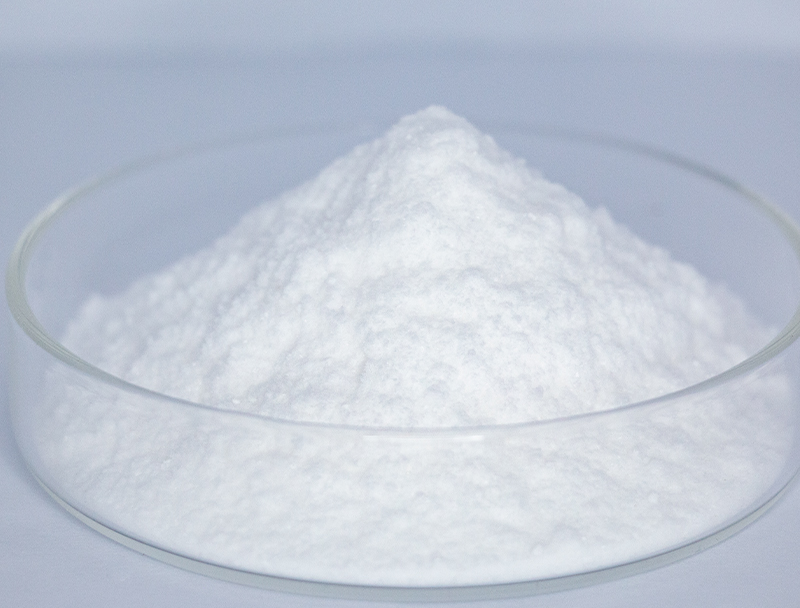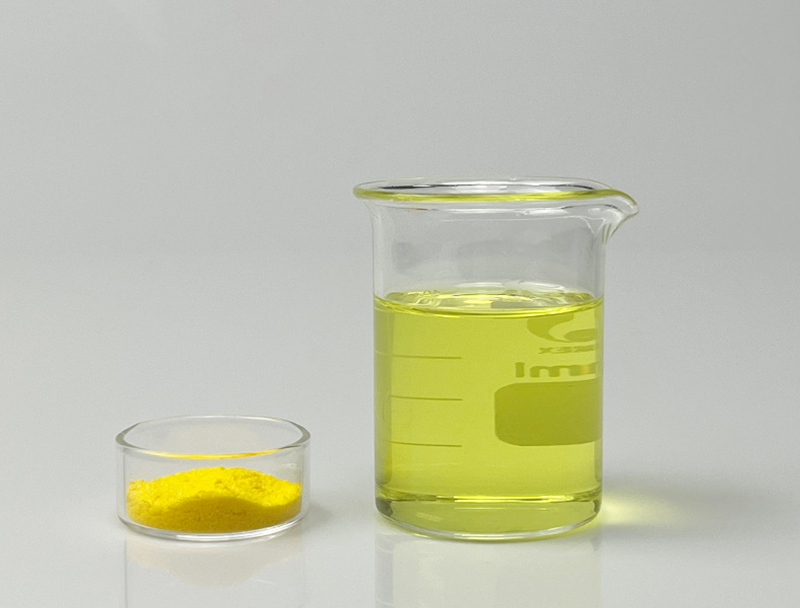
Biomanufacturing relies heavily on a broad palette of input materials for fabricating next-generation bio-products.
Ensuring long-term supply of raw inputs is critical to longevity and principled development in the sector.
several issues arising from typical material sourcing like ecosystem disruption and unsustainable harvesting. Therefore, biomanufacturing companies must actively seek out alternative sourcing strategies to minimize their ecological footprint.
- Illustrations of eco-conscious sourcing involve:
- Adopting organic-origin materials from crop remnants
- Deploying circular process designs to reduce discard and boost reuse
- Connecting with nearby vendors prioritizing responsible supply
Moving toward responsible sourcing creates ecological improvements and economic resilience.
Refining Biomass Sources to Enhance Fuel Conversion
Optimizing biofuel yields depends strongly on feedstock quality and makeup. Research teams persist in studying techniques to boost feedstock performance, resulting in superior production volumes and sustainable energy gains. Initiatives integrate bioengineering to scale biomass production and pretreatment workflows to free fermentable sugars.
- Furthermore, teams search for alternative biomass sources including algal strains, industrial wastes, and crop leftovers to broaden sustainable feedstock options for fuels.
- With persistent development the field will likely demonstrate notable gains that foster a more sustainable energy system.

Upstream Process Improvements for Modern Biopharma Production
embraces initial workflow stages from growth to harvesting New innovations across this area have produced enhanced manufacturing methods that boost yields.
Crucial progress includes proprietary cell systems, optimized growth media, and adaptive bioreactor architectures. These strategies improve manufacturing efficiency and lessen cost and ecological effects.
- Also, evolving practices favor continuous flow processing which supports more agile upstream control.
- The progression to advanced biomanufacturing approaches should modernize the field and quicken therapeutic progress.

Genetic Engineering Innovations for Higher Therapeutic Yields
progresses in gene editing technologies, such as CRISPR-Cas9, have revolutionized the production of biopharmaceuticals. Through focused genomic edits within host strains, scientists increase expression of desired therapeutic proteins. This route supports the creation of more affordable and productive treatments for multiple disorders.
Using Microbial Systems for Site-Specific Remediation
cutting-edge microbial approaches that remediate contamination sustainably. Selected microbial cultures can remediate contaminants through biodegradation pathways.. Utilizing microbial metabolism supports eco-friendly site cleanup methods that limit secondary harm from remediation.. Scientists are actively exploring a wide range of microbial species with diverse metabolic capabilities to target various pollutants, including heavy metals, pesticides, oil spills.. Organisms may be utilized in controlled reactors or in place to accelerate contaminant decomposition through biodegradation..
Microbial remediation approaches present key benefits relative to classic remediation methods. The approach tends to lower treatment costs and avoids producing toxic residuals. Additionally, microbial tactics can target contaminants selectively while preserving surrounding ecological systems. The domain advances quickly, concentrating on raising reliability and performance of microbial cleanup methods.
Bioinformatics' Impact on Drug Design
Digital bioinformatics methods are central to evolving therapeutic discovery processes. By leveraging complex datasets, bioinformatics expedites discovery and optimizes candidate safety and potency.
- By analyzing vast datasets of genomic, proteomic, and clinical data, bioinformaticians can uncover novel drug targets and predict the activity of potential therapeutics.
- Concurrently, virtual screening and simulation shape the development of more effective therapeutics.
- In the end, informatics-driven methods streamline development and accelerate delivery of therapeutic solutions to patients.
Synthetic Biology Routes for Elevated Bioproduct Synthesis
utilizes multiple approaches to enhance production of desirable bioproducts in cells. These strategies can involve genetic modifications to optimize metabolic pathways, regulation of gene expression, and the introduction of novel genes to confer new capabilities.. Through strategic metabolic edits practitioners can markedly increase the synthesis of target products.
This combined approach has capacity to change industries from drug manufacture to food production and bioenergy.

Industrializing Biopharmaceuticals: Risks and Rewards
Moving from bench to commercial scale creates complex challenges and valuable opportunities. Preserving batch-to-batch quality when scaling up is a key challenge. Managing it necessitates robust automation, high-fidelity monitoring, and powerful analytical capabilities.

Another concern is that bioprocessing workflows are inherently complex and multi-staged.. Transforming bench processes into industrial practice requires sustained research and engineering innovation. Even so, the payoff can be large. Skilled scaling can enlarge supply, lower prices, and increase profit potential.
Various efforts target the core issues of industrialization. Efforts include process-digitization tools, integrated analytics for monitoring, and fresh manufacturing paradigms.
- Product development and process R&D are pivotal to boosting production capabilities.
- Regulatory agencies are working to streamline approval processes for new manufacturing technologies, facilitating innovation in the field.
Navigating the Regulatory Landscape for Biopharmaceuticals: Ensuring Safety and Efficacy
Bringing biologics to market involves rigorous regulation designed to protect patients and confirm therapeutic benefit. Biologics sourced from living systems pose distinct regulatory and manufacturing complexities versus small-molecule drugs.
Organizations like the FDA and EMA provide essential guidance and set standards for authorizing novel biotherapeutics..
Thorough α-Ketoglutaricacid testing frameworks are compulsory during all stages of development including after market release.. These controls function to identify dangers and ensure biopharmaceuticals achieve premier safety standards..
Moreover, oversight agencies continually refine approaches to align with accelerating scientific progress in therapeutics.. Policies involve deploying novel tech and expediting development while preserving commitment to patient safety.

Evaluating Plant Biomass for Bioplastic Production
The rising demand for eco-friendly materials fuels R&D on bio-based alternatives. Plant-based bioplastics made from biomass feedstocks present a hopeful path to reduced plastic impact. Plant inputs like corn-derived starch, cellulose derivatives, and sugarcane can be turned into degradable plastics that lessen environmental burdens.
Likewise, some plant-derived plastics perform similarly to petroleum-based materials for a variety of uses.. Ongoing studies and technology development are vital to exploit plant feedstocks for bioplastics and foster a circular economy.
Biotechnology Driving Advances in Health and Agricultural Stability
Biotechnology offers potent solutions for advancing public health and enhancing food security. With genetic tools, engineered biological systems, and regenerative cell approaches, experts craft interventions to manage diseases, enhance agriculture, and fortify nutrition.. For instance, genetically modified crops can be engineered to resist pests and environmental stresses, leading to increased agricultural production and reduced reliance on harmful pesticides.. Also, biotechnological innovation fuels development of immunizations, antimicrobial treatments, and diagnostic platforms vital for disease control and population health.. With persistent development, biotech stands to offer transformative solutions for global health and long-term food security.
